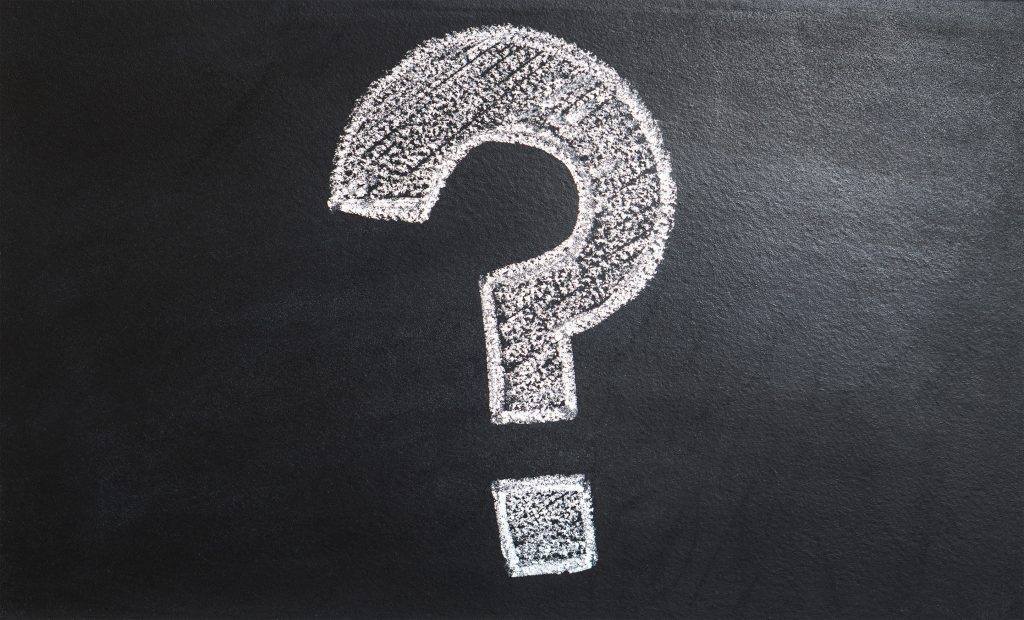The world changes at a rapid pace. As recently as twenty-five years ago, fax machines weren’t ubiquitous, personal computers were clunky and not very useful, there were no cell phones, and there was no internet of which to speak.
Information bombards each and every one of us daily. The smart phone in your pocket contains more communication, digital computing and research capabilities than the largest mainframes of a generation ago. We have access to the internet in our homes, offices and local eateries. Information is more readily and instantaneously available to us now than at any other time in history. When my mother was diagnosed with acute myeloid leukemia (AML), for example, I searched the internet for information about its prognosis and treatment.
People tend to search the internet when making major decisions, whether they are medical, financial, or legal. What you have to realize, however, is what kind of information you’ve discovered. We’ve all heard, “I learned enough on the internet to make me dangerous.” That’s a very true saying. Allow me to take the next step to differentiate between the four different levels of information.
Data
Data is the first level. Data is everywhere – but it’s fleeting – relevant only in the moment. Stores record the amount of sales revenue daily. The rise and fall of stock prices, the number of individuals affected by a flu virus and how many new jobs were created in the past quarter. Newspapers cite data from baseball player’s hitting averages to the amount of rainfall recorded in the past 24 hours. We may learn the number of months the average patient diagnosed with AML lives.
Without context, however, data means absolutely nothing.
Information
The second level is information. Information is useful but has a shelf life. The news contains much information, but it may only be relevant today. It’s stale tomorrow. The internet is chock full of information. Some may be from a knowledgeable source, while some other is nothing more than uninformed opinion.
Knowledge
Knowledge is the third level of information. Knowledge has a much longer shelf life than information has, and is usually supported with years of education and experience. Knowledge is not something gained by reading articles in newspapers, magazines and internet blogs. You may digest information from those sources, but you won’t earn any knowledge without being able to put that information into both a historical context and a view of relevant but interrelated factors.
Shortly after my mother’s AML diagnosis, for example, and after having gained information as to which medical centers treated the disease with success, we flew to Houston’s MD Anderson Cancer Center where trained doctors with AML specialties used their years of accumulated knowledge to begin treatment. Through their efforts, my mother achieved remission for many years following a bone marrow transplant, which ended up having to be repeated eight years later. While I had found all sorts of information on the internet about AML, I did not have the knowledge necessary to save my mother’s life. Only the expert physicians and their medical teams had that.
Knowledge changes over the years, however. So it too has a shelf life. The cancer treatments of ten years ago are vastly different than those of today. The knowledge has changed.
Wisdom
In contrast, the highest form of information doesn’t have a shelf life – and that highest form is wisdom. Most of the world’s major religions are predicated on the wisdom of how to live a full and good life as a human being with all of our faults and foibles. Wisdom can also be found in many of the best medical, legal and financial professionals.
There are some professionals who have knowledge gained from years of experience but lack the wisdom to choose whether one course of action is better than another – which is the wisdom of how to best apply knowledge. None of us know what the future brings, even the most knowledgeable professionals. Life has a way of surprising us.
I believe that true wisdom comes from a unique ability to filter knowledge and life experience into a fabric of understanding, with an ability to communicate that understanding in a way that endures. It’s not always sexy or flashy, but when you find someone who has true wisdom you never want to lose them.
I therefore try not to confuse data and information with true knowledge and wisdom. This helps me find clarity in my everyday decisions.
©2021 Craig R. Hersch. Learn more at floridaestateplanning.com
